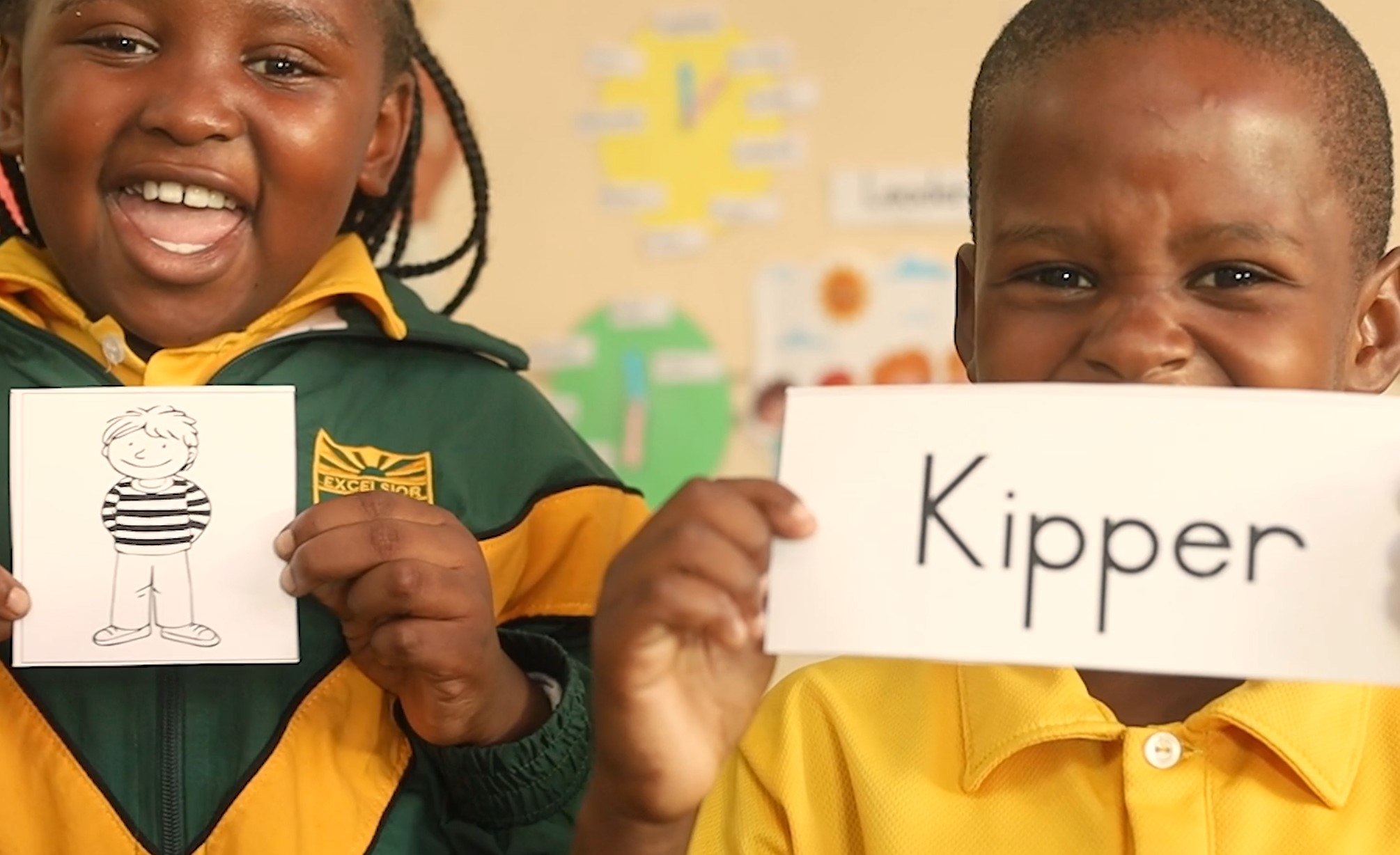Tangible Africa targets 100 schools in Nelson Mandela Bay
May 2025
At the beginning of this year Tangible Africa set out to reach 100 schools across Nelson Mandela Bay with coding and computational thinking training.
This may seem like a massive task, but not for Tangible Africa, an engagement project of Nelson Mandela University Computing Sciences Department and the Leva Foundation non-profit organisation. Since its establishment in 2021, Tangible Africa has reached thousands of learners across Africa, Asia, America and Europe.
The #MandelaBay100 educational initiative is a partnership between Ezethu Development Trust and Tangible Africa which has set out to reach 100 schools in Mandela Bay by providing them with free resources, like coding kits, and teacher training.
All schools from suburbs and townships across the Bay are invited to get involved with coding, which includes high schools, primary schools and special needs schools.
“Some schools are already involved with coding and appreciate the coding kits and resources. Others have never heard of us and are somewhat sceptical at first. We are really picking up momentum now, with over 60 schools reached. With some of the site visits I undertook, the passion and excitement of the teachers and learners are very encouraging. Schools are invited to contact us to become part of the program,” said Sisikelelwe Mtambeka, Tangible Africa Regional Coordinator.
The schools that have already been reached will take part in the annual #Coding4Mandela event hosted by Tangible Africa. Last year they reached a massive 32 000 young people from across Africa and Southeast Asia in one of the biggest Mandela Day interventions in the world.

Speaking at the earlier launch of the #MandelaBay100, Mkhuseli "Khusta" Jack, a proudly Eastern Cape politician and businessman, said the initiative represents a crucial investment in both children’s futures and the economic prosperity of the region.
“Introducing coding education to schools across Nelson Mandela Bay is not merely teaching a technical skill – it’s equipping our youth with the language of the future. In a rapidly digitalising world, coding literacy has become as fundamental as reading and writing. By bringing coding into our Metro’s classrooms, we’re democratising access to digital opportunities and empowering students to become creators, not just consumers, of technology,” said Jack.
Democratising coding for all
Stacey-Lee Piek, a teacher at Quest School for Learners with Autism, was one of the teachers who participated in training with the #MandelaBay100 initiative.
“The training gave me a lot of confidence, and I walked away feeling inspired and equipped. Now seeing our learners thriving with coding — it’s the most rewarding feeling. We’ve just started implementing the Tangible coding lessons at Quest School, and I can’t even explain how much our learners have loved it. We specifically selected a few of our kids who we felt were ready, and wow, the response has been incredible. Their faces lit up when they started placing the tiles, and they are already asking when they can code again,” said Piek.
She created extra visuals and adapted a few things to help with learners’ understanding, which has worked well. “The hands-on, visual nature of the programme is such a perfect fit for our school. I’m honestly so grateful for this opportunity,” said Piek.
Taryn Fourie from Lorraine Primary Schools says that the Rangers app has transformed the way their learners engage with coding. “The Tangible Africa coding programmes and competitions have opened exciting new doors, sparking creativity, problem-solving, and a genuine love for technology.”
Another teacher, Cwayita Mpokela from Mboniselo Primary School in Motherwell, said the tangible coding training has had a positive impact on the school and learners, who have shown immense enthusiasm and interest.
“They’re always eager to learn and even remind me about our lessons for the day, it’s great to see them taking ownership and enjoying the process. I noticed that they are able to solve problems using logical reasoning and they became more comfortable in testing out different methods. What I love most, is to see the learners collaborate with their peers without using aggression or fighting each other,” said Mpokela.
“I want to thank Siki [Mtambeka], Prof Greyling and mostly Tangible Africa for the opportunity they’re giving our learners and others from underprivileged communities.”
To find out more about the #MandelaBay100 initiative or the #Coding4Mandela event, contact info@levafoundation.org




